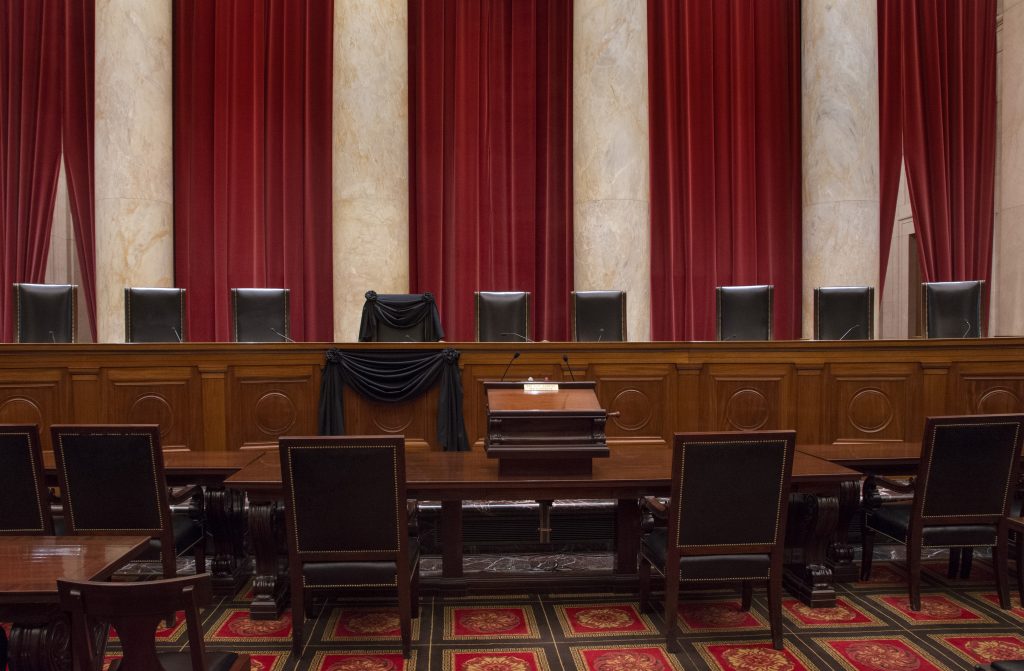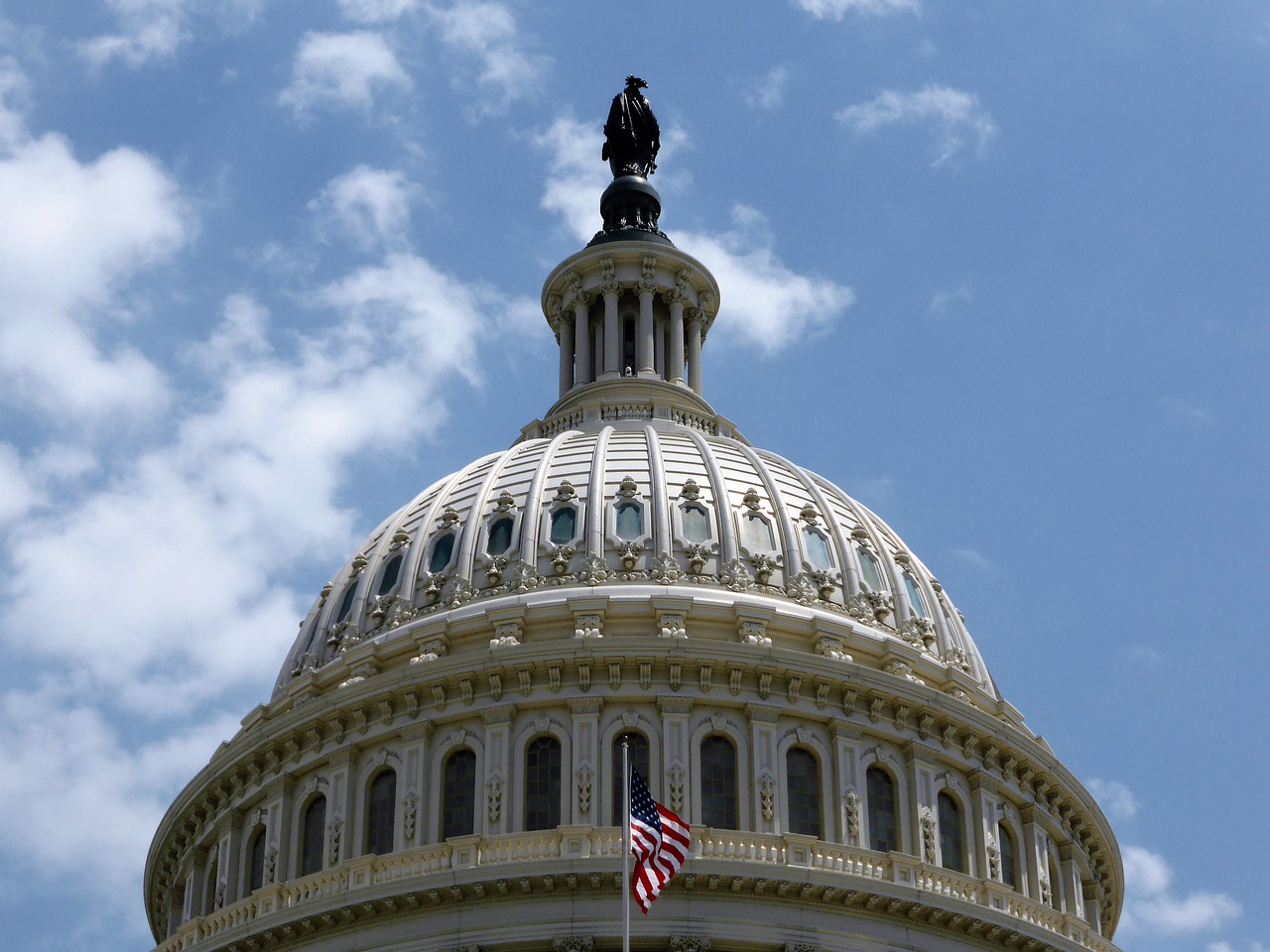What You Need to Know About Trump’s Top Three SCOTUS Picks
After Supreme Court Associate Justice Anthony Kennedy announced his resignation from the bench last week, political experts and regular Americans alike have been wondering what President Trump’s choice will be for the new justice. Yesterday, sources told NBC News that President Trump has narrowed down his list of options to three contenders; and here’s what you should know about them.
Brett Kavanaugh

Judge Kavanaugh currently serves the U.S. Court of Appeals in Washington, D.C., to which he was confirmed in 2006 under President George W. Bush. His confirmation took three years, as Democratic senators believed he was too partisan to serve. During his time on the bench, Judge Kavanaugh has notoriously dissented from the court’s decision to uphold the Affordable Care Act in two different cases, as well as their decision to uphold the Clean Air Act.
He holds a law degree from Yale University, and has clerked for Justice Anthony Kennedy. After his clerkship, Judge Kavanaugh went on to work for Solicitor General Ken Starr, where he handled famous cases such as the Bill Clinton/Monica Lewinsky affair, as well as Clinton’s impeachment. Following President George W. Bush’s inauguration, Kavanaugh served as Associate Counsel to the President and then Assistant to the President and Staff Secretary.
Kavanaugh has a long conservative-leaning history along with the other judges in the running.
Raymond Kethledge

Judge Kethledge currently serves the U.S. Court of Appeals in the Sixth Circuit, which holds jurisdiction in Kentucky and parts of Michigan. He was nominated by President George W. Bush in 2006, after which his confirmation was filibustered by Democratic senators until the nomination lapsed at the end of the congressional session. He was re-nominated in 2007 and finally confirmed in 2008. Like Judge Kavanaugh, Kethledge has outspokenly opposed the Clean Air Act during his time on the bench.
Judge Kethledge holds a law degree from the University of Michigan, after which he clerked for Justice Anthony Kennedy. He served as a partner in multiple prominent law firms before his nomination to the federal court. In addition to serving the Sixth Circuit, he also teaches a law course at the University of Michigan law school.
Holding a lot of similarities with Kavanaugh, Judge Kethledge has made it clear that he is a staunch “originalist,” which means he holds a fierce loyalty to interpreting the Constitution and its amendments as it was intended at the time of ratification. This philosophy is equated with a firm conservative approach to issues.
Amy Coney Barrett
(There is no official photo for Judge Barrett).
Judge Barrett is the freshest face of the bunch, having only been nominated and confirmed to the federal court in 2017 by President Trump. She currently serves on the U.S. Court of Appeals in the Seventh Circuit, which holds jurisdiction in Illinois. Her confirmation faced some opposition from Democratic senators due to concern about her Catholic faith and whether it would interfere with her legal decisions, specifically in regards to Roe v. Wade and abortion rights.
Barrett attended Notre Dame Law School, where she began teaching after a clerkship for Justice Antonin Scalia. She remained a professor of law at Notre Dame until her nomination to the federal court last year, and continues to teach some courses in her spare time.
Like the other contenders, Judge Barrett is right-leaning in her decisions, although she has less notable opinions to show for it due to less experience on the federal bench.




